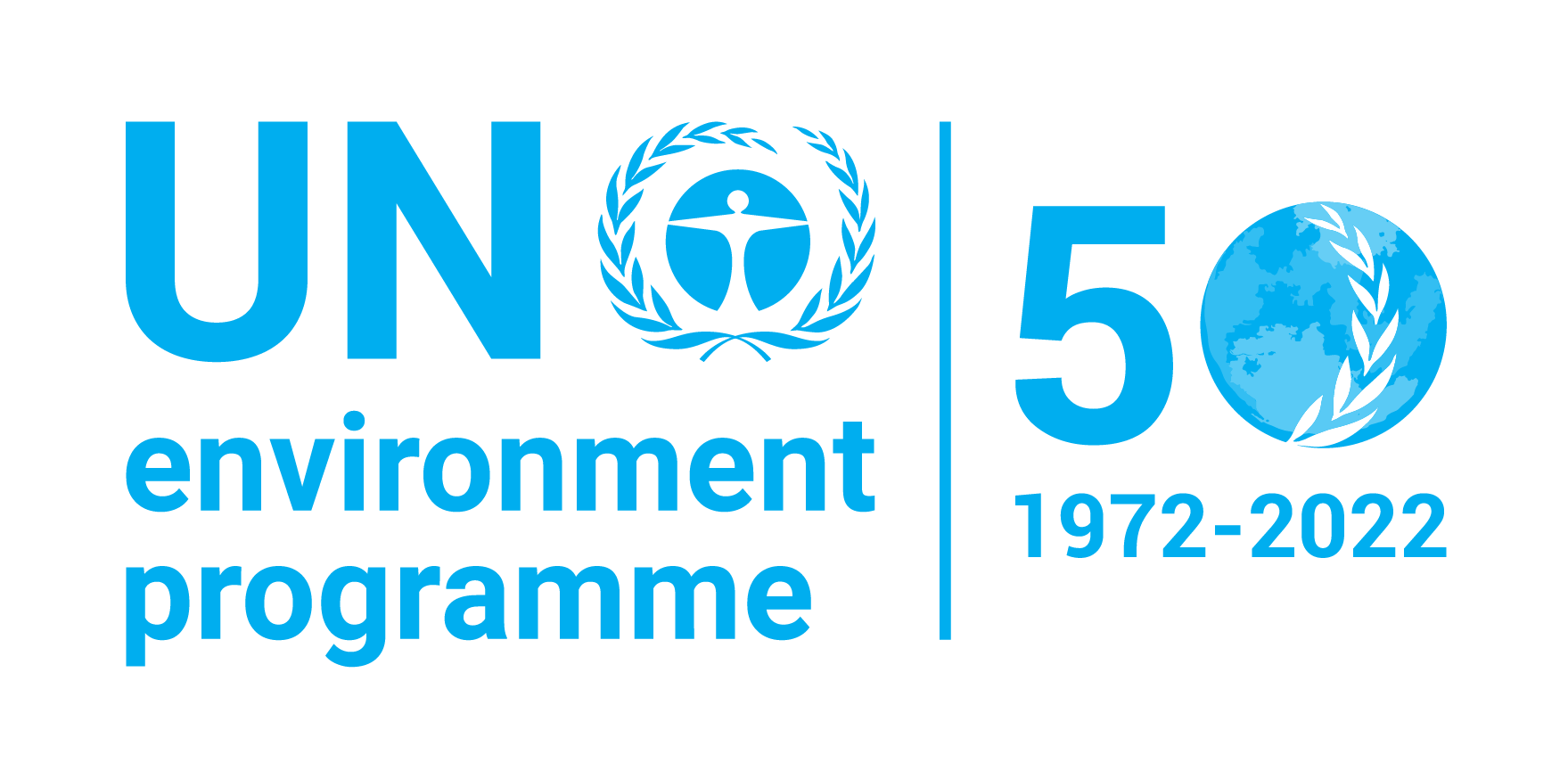Draft Report on the Status of Styrofoam and Plastic Bag Bans in the Wider Caribbean Region - Fourth Meeting of the Scientific, Technical and Advisory Committee (STAC) to the Protocol concerning Pollution from Land based Sources and Activities in the Wider Caribbean.

Date
2018Author
United Nations Environment Programme
Caribbean Environment Programme
Citation Tool
Bibliographic Managers
RT Generic T1 Draft Report on the Status of Styrofoam and Plastic Bag Bans in the Wider Caribbean Region - Fourth Meeting of the Scientific, Technical and Advisory Committee (STAC) to the Protocol concerning Pollution from Land based Sources and Activities in the Wider Caribbean. A1 United Nations Environment Programme, Caribbean Environment Programme YR 2018 LK http://hdl.handle.net/20.500.11822/33273 PB AB TY - GEN T1 - Draft Report on the Status of Styrofoam and Plastic Bag Bans in the Wider Caribbean Region - Fourth Meeting of the Scientific, Technical and Advisory Committee (STAC) to the Protocol concerning Pollution from Land based Sources and Activities in the Wider Caribbean. AU - United Nations Environment Programme, Caribbean Environment Programme Y1 - 2018 UR - http://hdl.handle.net/20.500.11822/33273 PB - AB - @misc{20.500.11822_33273 author = {United Nations Environment Programme, Caribbean Environment Programme}, title = {Draft Report on the Status of Styrofoam and Plastic Bag Bans in the Wider Caribbean Region - Fourth Meeting of the Scientific, Technical and Advisory Committee (STAC) to the Protocol concerning Pollution from Land based Sources and Activities in the Wider Caribbean.}, year = {2018}, abstract = {}, url = {http://hdl.handle.net/20.500.11822/33273} } @misc{20.500.11822_33273 author = {United Nations Environment Programme, Caribbean Environment Programme}, title = {Draft Report on the Status of Styrofoam and Plastic Bag Bans in the Wider Caribbean Region - Fourth Meeting of the Scientific, Technical and Advisory Committee (STAC) to the Protocol concerning Pollution from Land based Sources and Activities in the Wider Caribbean.}, year = {2018}, abstract = {}, url = {http://hdl.handle.net/20.500.11822/33273} } TY - GEN T1 - Draft Report on the Status of Styrofoam and Plastic Bag Bans in the Wider Caribbean Region - Fourth Meeting of the Scientific, Technical and Advisory Committee (STAC) to the Protocol concerning Pollution from Land based Sources and Activities in the Wider Caribbean. AU - United Nations Environment ProgrammeUnited Nations Environment Programme, Caribbean Environment Programme UR - http://hdl.handle.net/20.500.11822/33273 PB - AB -Metadata
Show full item recordDescription
Plastic pollution is one of the most relevant and important issues of our time. Plastic has gradually become a part of our everyday life, but this is no longer tenable; the traditional linear production, use and disposal model for conventional plastics is ecologically unsustainable and has caused adverse and unacceptable environmental harm. There is increasing consensus among the public and private sectors, environmental NGOs, and civil society that current production and consumption patterns of single-use plastics have severe economic, social and environmental consequences.
Collections
Statistics
View per month
Top countries
Download
Document Viewer
To read more, scroll down below.

